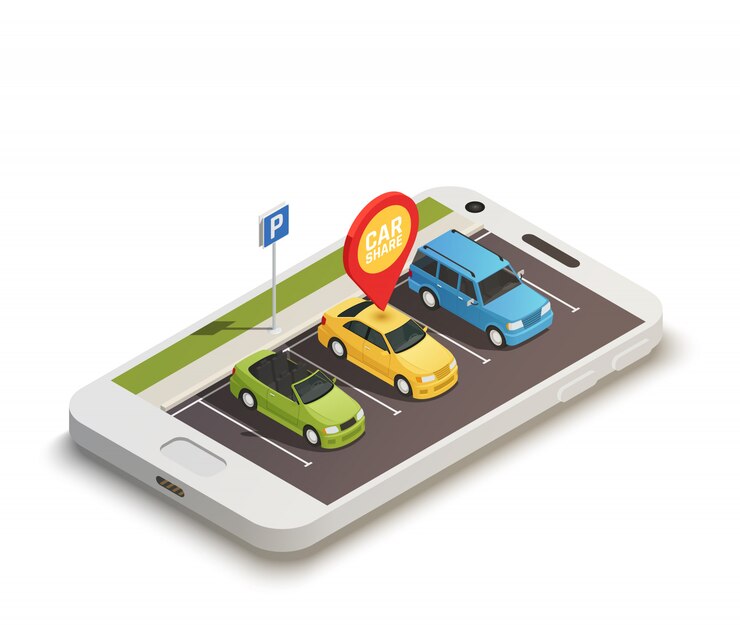The automotive industry has been significantly affected in recent years by the rise of ride-sharing services. Companies like Uber, Lyft, and Grab have revolutionized the way people think about transportation, and their popularity has had far-reaching effects on the automotive market.
Shift in consumer behavior
One of the most notable impacts of ridesharing services on the automotive industry is a shift in consumer behavior. Many people are now choosing to forego car ownership in favor of using ride-sharing services as their primary form of transportation. This led to a decrease in the demand for new cars and also to a reduction in the number of kilometers driven by individual car owners. As a result, automakers are facing challenges in adapting to this new consumer trend and are rethinking their business models to adapt to the changing environment.
Specific types
In addition, the growth of ride-sharing services has also led to increased demand for specific types of vehicles. For example, many rideshare drivers choose fuel-efficient and compact cars to minimize their operating costs. This led to a sharp increase in the production of smaller, more fuel-efficient vehicles, as well as an increased focus on electric and hybrid models.
Collaboration
Additionally, the rise of ride-sharing services has created opportunities for collaboration between automakers and ride-sharing companies. Many car companies are now partnering with ride-sharing services to provide vehicles for their drivers, and are also exploring the development of autonomous vehicles that could be used for ride-sharing purposes in the future.
Impact
On the other hand, some experts say that the rise of ride-sharing services could have a negative impact on the auto industry. They believe that a decline in car ownership could lead to a decline in vehicle sales, which could ultimately hurt car manufacturers and dealers. In addition, increased use of ride-sharing services could lead to a reduction in the need for parking spaces and infrastructure, which could have implications for urban planning and development.
Overall, the rise of ride-sharing services has had a profound impact on the automotive industry. While it has created new opportunities for collaboration and innovation, it also presents challenges for automakers and retailers. As ride-sharing services continue to grow in popularity, it will be interesting to see how the automotive industry adapts to these changes and evolves to meet the needs of a changing market.

